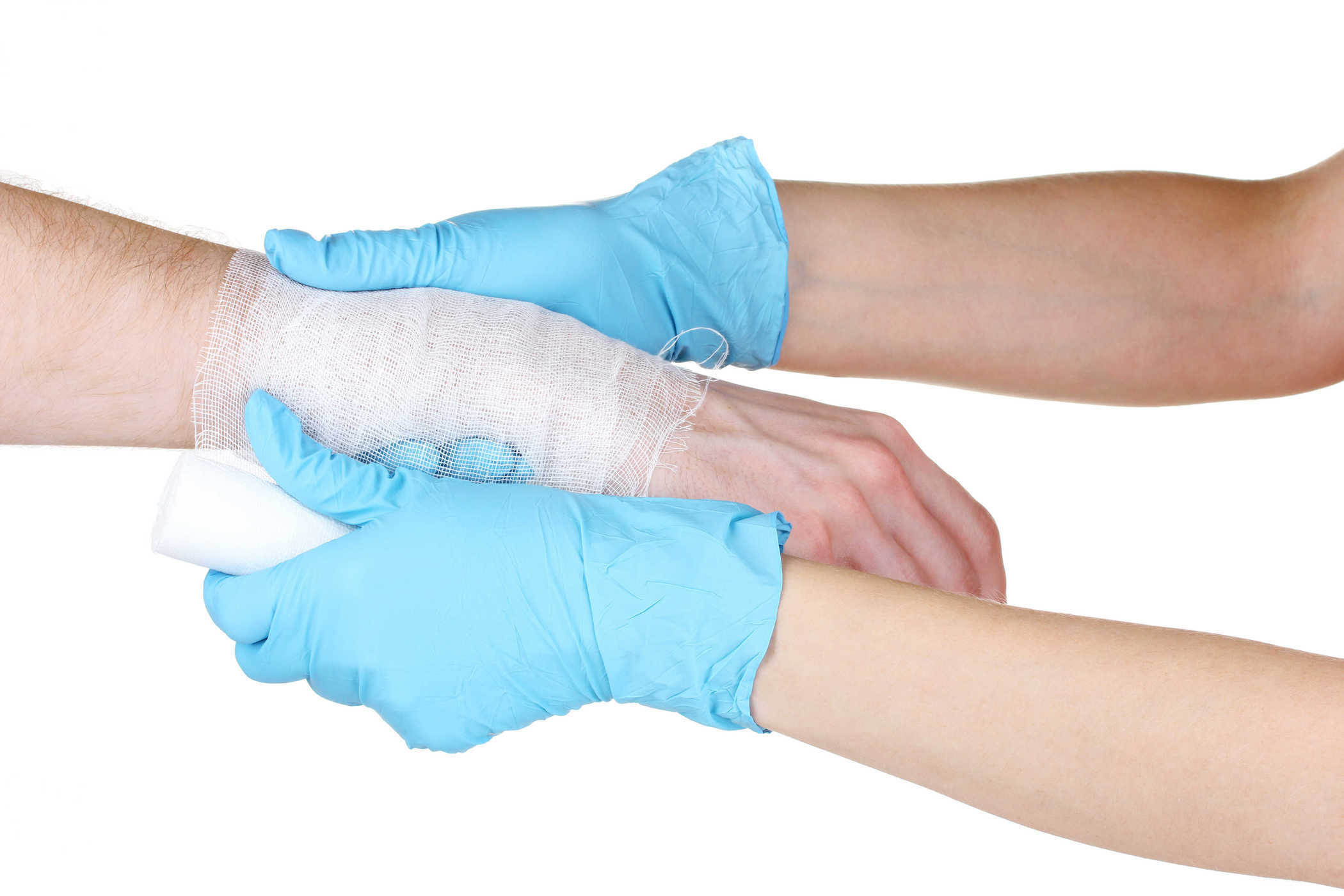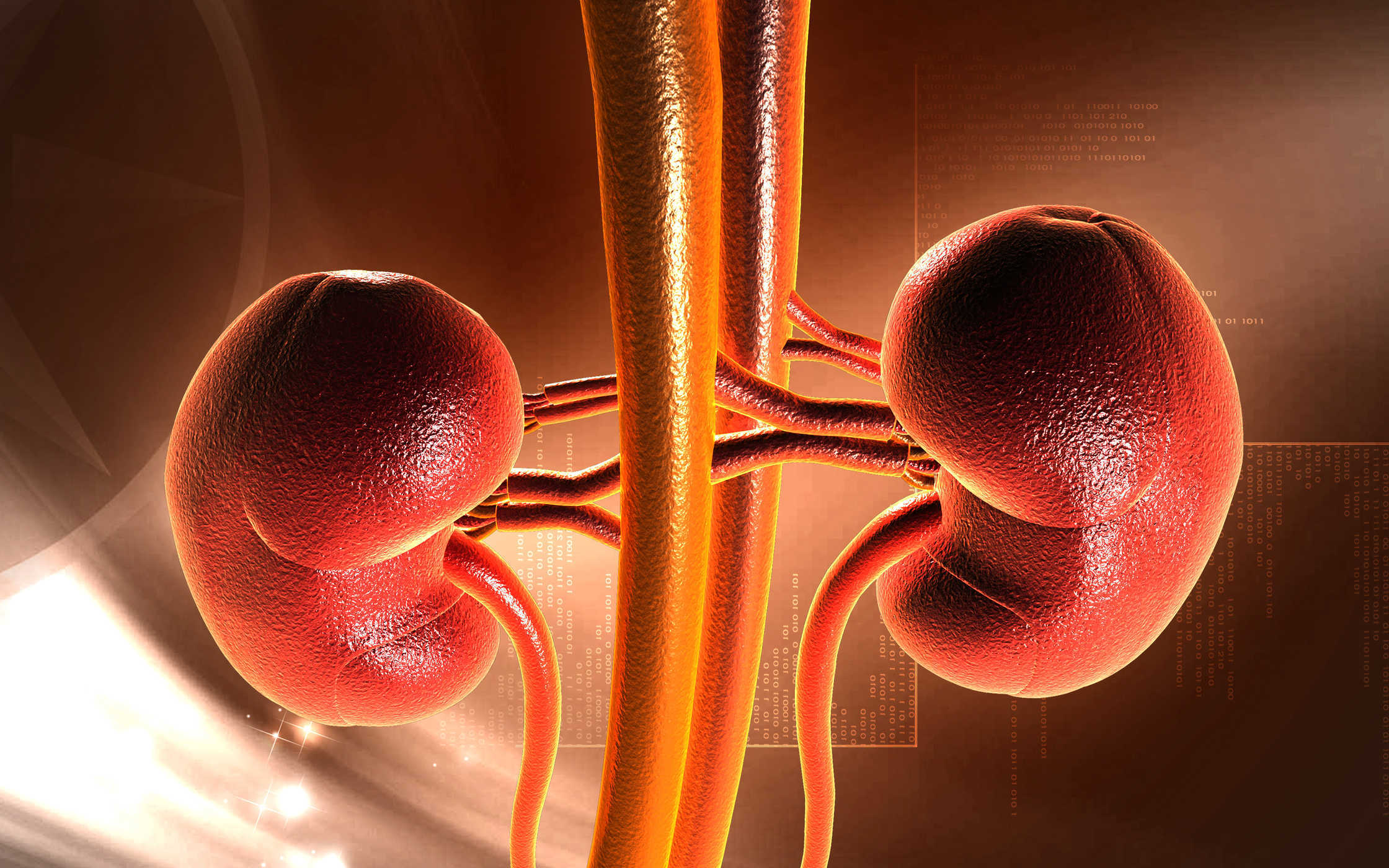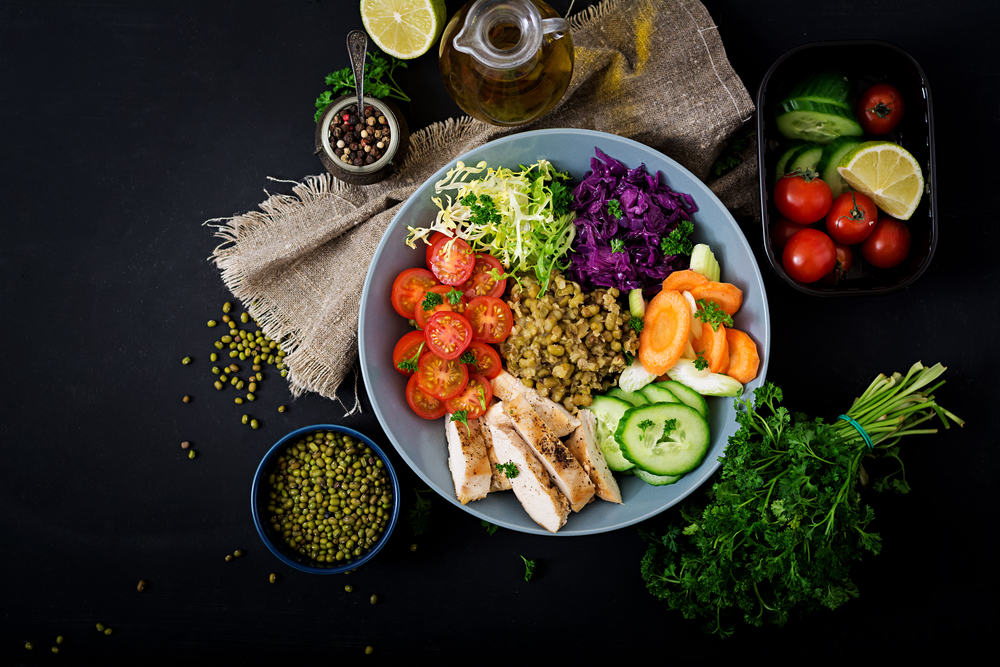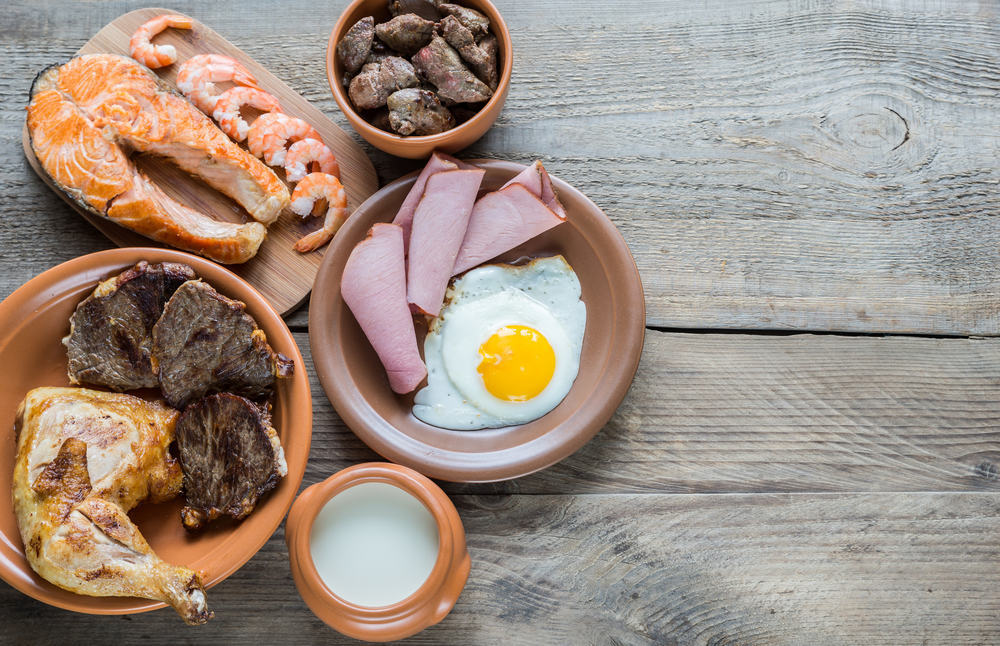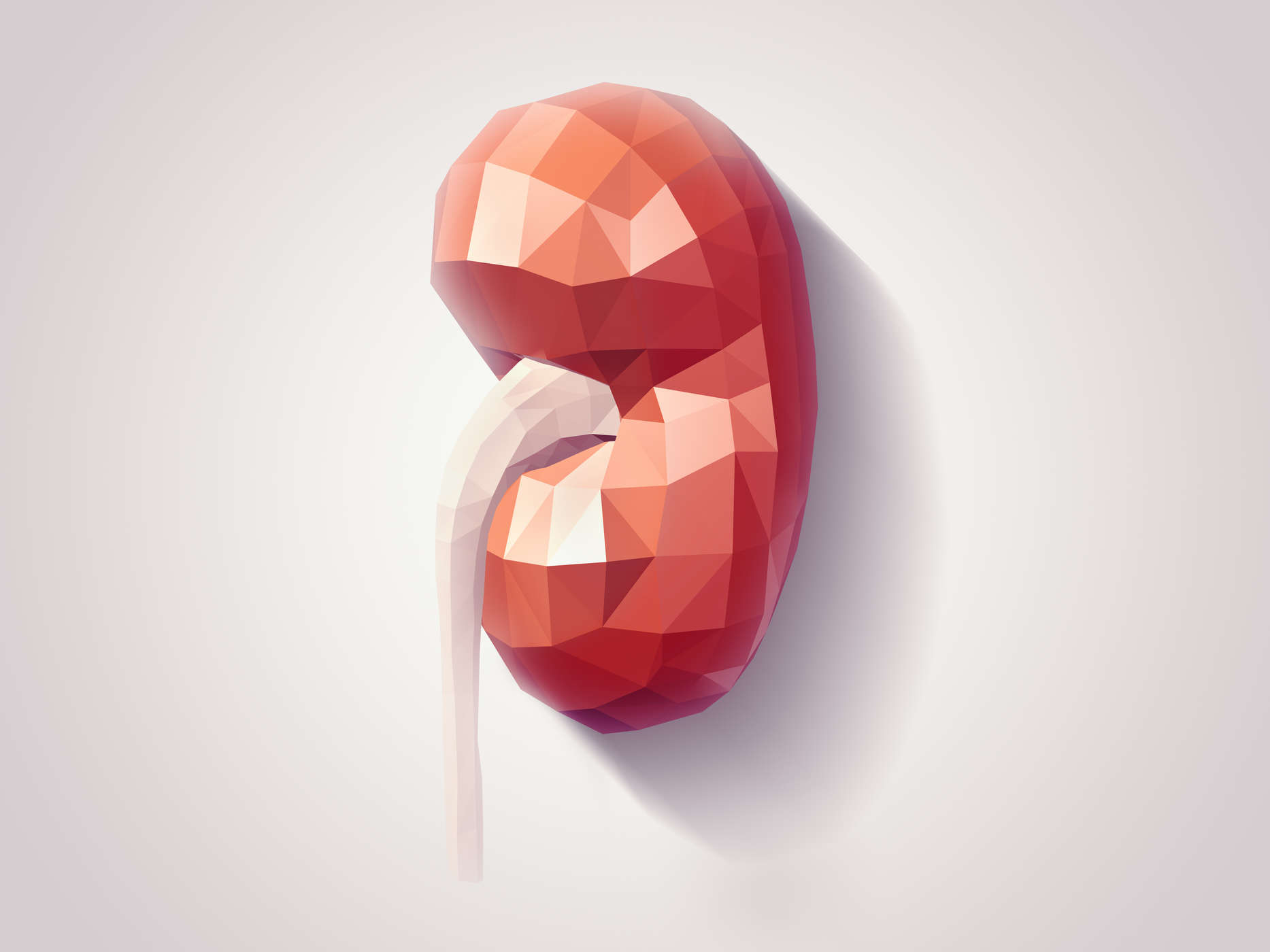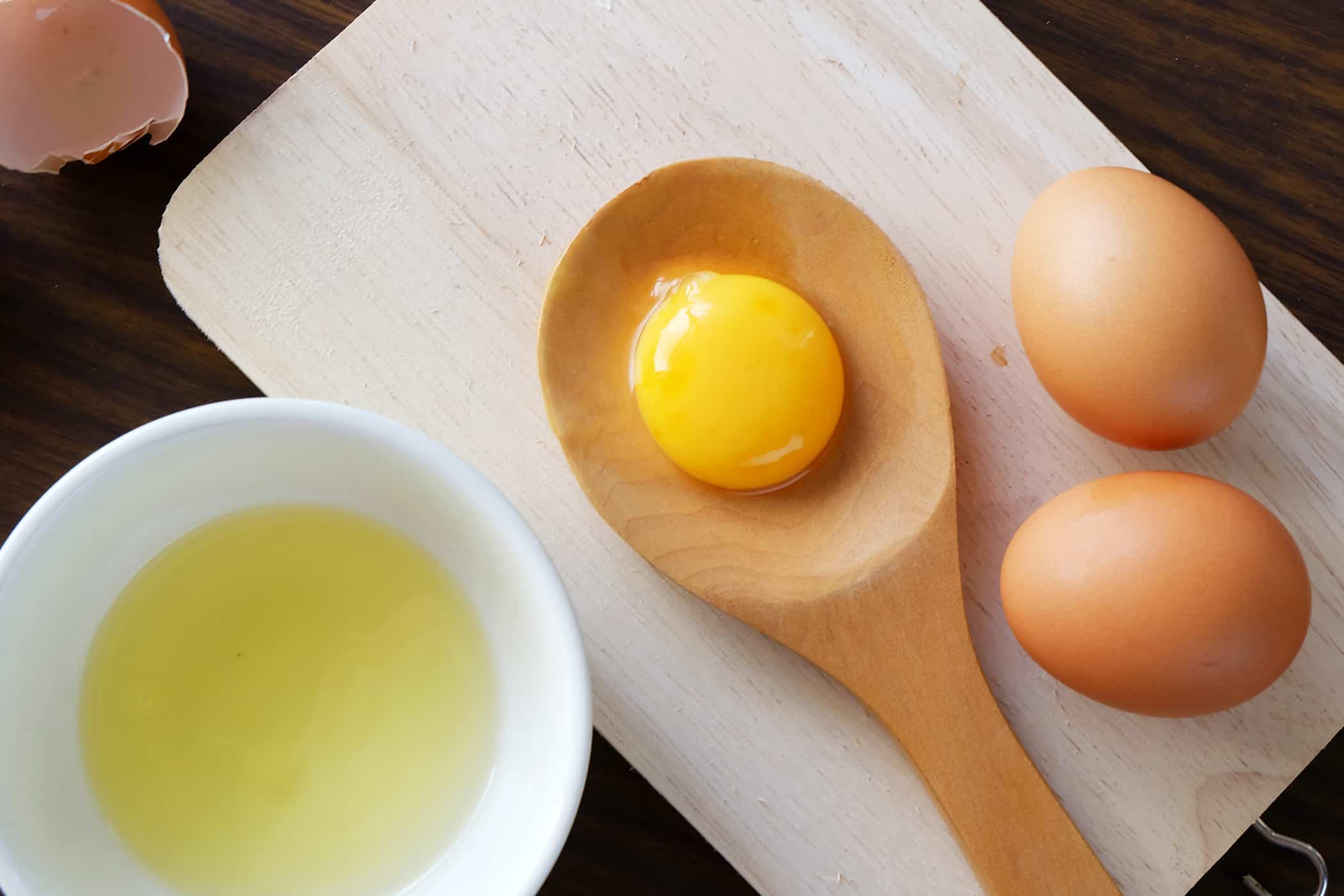Contents:
- Medical Video: TASTING PREGNANCY CRAVING FOODS
- The meaning of cravings for the body
- What does it mean when we crave?
- Not all cravings must be fulfilled
- How to deal with cravings
Medical Video: TASTING PREGNANCY CRAVING FOODS
Cravings are often experienced by pregnant women, although not all pregnant women experience cravings. Cravings are usually interpreted as the desire of pregnant women to eat certain foods and usually with special requests and difficult to find, such as young mangoes, kecapi fruit, cakes made by mother-in-law, and others. Cravings are also sometimes interpreted as a request for a baby. If the cravings are not followed, usually the mother is afraid that her fetus will have a problem.
The meaning of cravings for the body
Nobody knows why cravings occur, some say cravings are a sign that the body of a pregnant woman is lacking some nutrients so cravings are the body's way of asking for what the body needs. As reported by webmd, cravings do not mean the body really needs certain foods that you want, but maybe the body needs something (nutrients) in the food. Your taste interprets it as a desire for something specific. Many experts say the senses of taste on the tongue play a role in how we interpret our body's needs.
What does it mean when we crave?
Cravings may be a message from the brain about your needs, your stomach is hungry or you need certain nutrients. Stress, anxiety, and emotions can have an impact on the need for certain foods. Usually you want to eat foods that contain carbohydrates when you feel down or stress, such as bread, biscuits and sweet foods, because these foods have a calming effect and increase the levels of chemicals in the brain that produce a happy mood (serotonin). Another example, if a pregnant woman craves burgers, meat, or fries, maybe the mother is in need of protein, sodium, and potassium. Chocolate or ice cream may be a sign that the mother's body needs calcium or fat.
Some examples of the meaning of cravings for the body, namely:
- Ice cube cravings, related to iron requirements. Eating or chewing ice cubes can reduce inflammation of the mouth and tongue which is thought to be a sign of anemia.
- Acidic food cravings, related to the need for vitamin C. Taste changes during pregnancy so you want to eat foods that taste sour.
- Pickled cravings, related to salt needs. There is no evidence to support this, but some mothers say it is crunchy and tastes sour and gives satisfaction to them.
- Ice cream cravings, related to the need for fat, sugar, and salt. Sweet, cold, and creamy make pregnant women want to eat it.
- Chocolate cravings, related to magnesium needs. Chocolate is a source of magnesium, but nuts that also contain magnesium are rarely the foods that pregnant women want. So the choice of wanting to eat something is more due to the delicious and sweet taste factor.
However, no data can prove the explanation above is correct. There is no data that explains that cravings are related to something the pregnant woman's body or fetus needs, and there is also no data that shows that cravings are dangerous for both pregnant women and their fetuses.
Some researchers disagree if cravings are a sign that the body is deficient in nutrients. Studies show that high hormone levels during pregnancy can change taste and smell, so pregnant women want to eat certain foods because according to him the food has an interesting taste and smell.
Cravings are a result of biological effects (hormonal changes during pregnancy that affect taste and smell), psychological, and environmental. In addition, the cravings of pregnant women are also influenced by their culture, because the message that mothers receive when they are pregnant about what pregnant women should eat can cause mothers to consume more food or drink.
Not all cravings must be fulfilled
There is no acceptable explanation that can explain what is happening to the body when cravings. However, behind the many wishes of the mother when cravings, it is better to pay attention to whether the food requested by the mother when cravings is healthy or has a negative impact. Do not get for reasons of cravings, mothers consume lots of foods that actually endanger the mother and fetus.
For example, mothers eat foods that are high in fat, sugar, and salt because they are cravings fast food. Consume a lot fast food can affect maternal blood pressure, cause bloating, swollen ankles, and eating too much sugar can add to the burden on the pancreas.
Keep an eye on mother's food intake so that the important nutritional needs needed by pregnant women and the fetus are still fulfilled and bring benefits to the growth and development of the fetus. It's best to eat foods that are healthy during cravings, even though the desire to eat food when cravings cannot be determined.
How to deal with cravings
The following are some ways to manage your cravings:
- Don't let yourself form the habit. If you want a snack between your big meals, you should eat fruits.
- If you are often hungry, you should eat more often with small portions. Keep an eye on intake with complete nutrition containing carbohydrates, proteins, fats, vitamins and minerals.
- Learn to manage your stress, do something interesting that can help ease your burden. This aims to prevent the desire to eat certain foods when you are stressed.
- Do work that you can enjoy and make you happy, like listening to music, calling friends, resting, and more. This helps your body feel comfortable and relaxed.
READ ALSO
- Cravings During Pregnancy, Why Can It Happen?
- Pregnancy Glow: Is the Skin of Pregnant Women More Serious?
- Do Pregnant Women Need to Drink Pregnant Milk?


